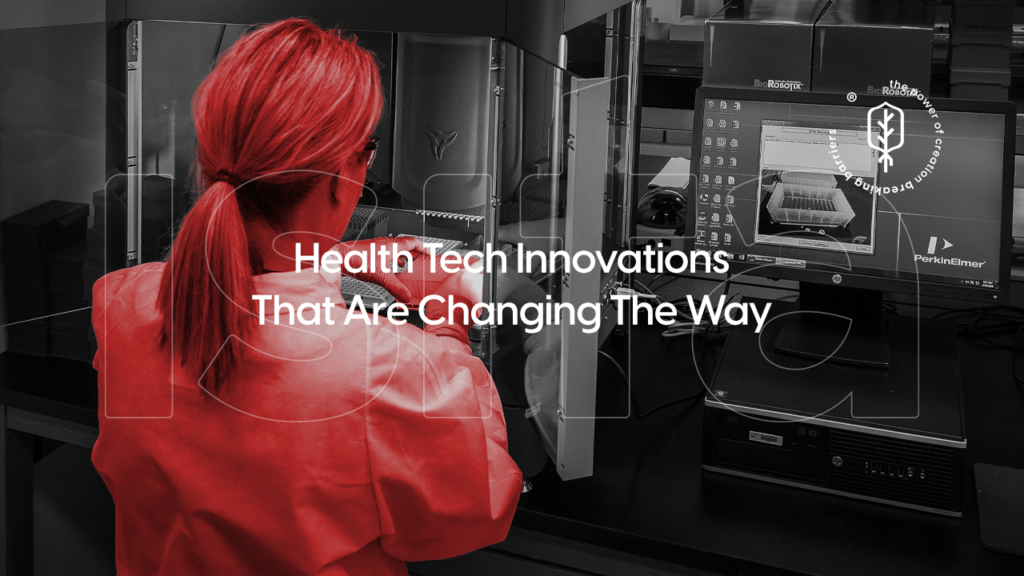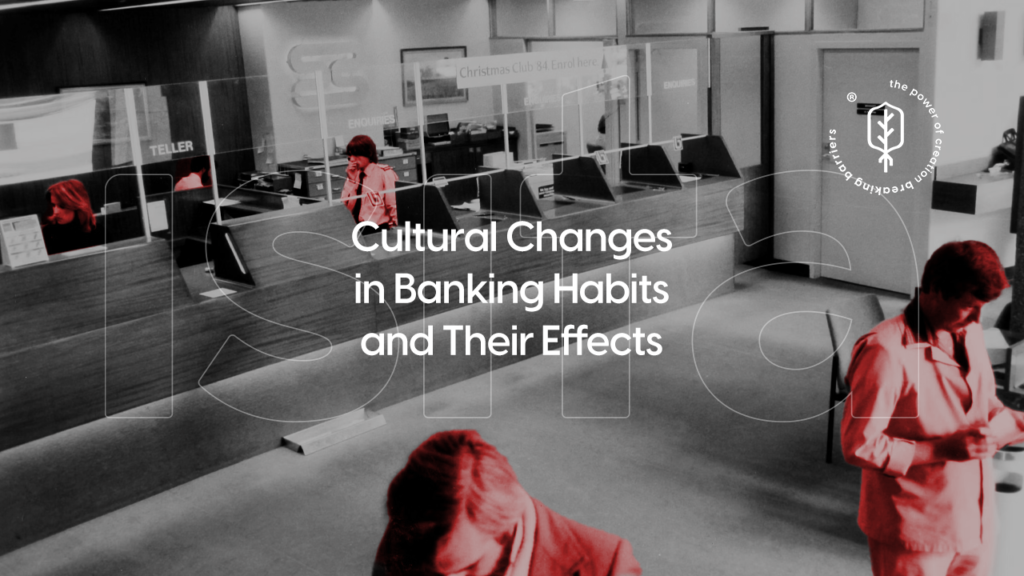Artificial Intelligence (AI) is rapidly transforming industries, and Human Resources (HR) is no exception. The integration of AI into HR processes promises to revolutionize how organizations manage their workforce, from recruitment and onboarding to performance management and employee engagement. By automating mundane tasks, providing data-driven insights, and enhancing decision-making, AI is poised to elevate HR to a more strategic and impactful function.
Introduction to AI in HR Management
Traditionally, HR departments have been bogged down by time-consuming administrative tasks, leaving limited time for strategic initiatives. AI offers a powerful solution by automating these repetitive processes, freeing up HR professionals to focus on high-value activities like talent development and employee experience.
AI-driven HR solutions leverage advanced technologies such as machine learning, natural language processing, and predictive analytics to analyze vast amounts of data and extract meaningful insights. This data-driven approach enables HR teams to make informed decisions, identify trends, and optimize workforce strategies.
Key Areas of HR Processes Enhanced by AI
AI is revolutionizing HR functions by automating tasks, providing data-driven insights, and enhancing decision-making. Here are some key areas where AI is making a significant impact:
Recruitment Automation
AI is transforming the recruitment landscape by streamlining candidate sourcing, screening, and selection. AI-powered tools can automate resume parsing, job matching, and initial candidate screening, significantly reducing time-to-hire. Chatbots can engage with candidates, answer questions, and provide updates, enhancing the candidate experience. Predictive analytics can forecast hiring needs based on organizational goals and market trends.
Onboarding and Offboarding
AI can streamline the onboarding process by automating paperwork, assigning tasks, and providing new hires with necessary information. AI-powered chatbots can serve as virtual assistants, answering questions and guiding employees through the onboarding journey. Offboarding can also be optimized through AI-driven workflows, ensuring a smooth exit process and knowledge transfer.
Performance Management
AI can provide valuable insights into employee performance by analyzing data from various sources, including performance reviews, employee surveys, and productivity metrics. AI-powered tools can identify performance trends, predict potential issues, and suggest development plans. Additionally, AI can automate routine tasks like goal setting and feedback collection.
Workforce Analytics
AI-driven workforce analytics enables HR to uncover valuable insights into employee demographics, turnover rates, and workforce planning. By analyzing data, HR can identify talent gaps, optimize workforce allocation, and make data-driven decisions to improve overall workforce performance.
Employee Engagement
AI can enhance employee engagement by providing personalized experiences and recommendations. AI-powered chatbots can address employee inquiries, provide resources, and offer support. Sentiment analysis can be used to monitor employee satisfaction and identify areas for improvement.
Benefits of Using AI for HR Efficiency and Effectiveness
AI is transforming HR by increasing efficiency, improving decision-making, and enhancing employee experiences. Here are some key benefits:
Increased Efficiency
- Automation of routine tasks: AI can handle repetitive tasks like data entry, scheduling, and report generation, freeing up HR professionals to focus on strategic initiatives and high-value activities.
- Faster time-to-hire: AI-powered recruitment tools streamline candidate sourcing, screening, and onboarding, significantly reducing the time it takes to fill open positions.
- Improved HR operations: AI can optimize processes like payroll, benefits administration, and compliance, reducing errors, increasing accuracy, and improving overall operational efficiency.
Improved Decision Making
- Data-driven insights: AI analyzes vast amounts of HR data to uncover hidden patterns, trends, and correlations, providing HR with actionable insights for informed decision-making.
- Predictive analytics: AI can forecast workforce needs, identify potential turnover risks, and predict employee performance, enabling HR to proactively address challenges and optimize workforce planning.
- Optimized workforce planning: AI-powered workforce analytics helps optimize staffing levels, skill distribution, and succession planning, ensuring the organization has the right talent in the right place at the right time.
Enhanced Candidate Experience
- Personalized candidate journey: AI-powered tools can tailor the candidate experience based on individual preferences and qualifications, providing a more engaging and efficient recruitment process.
- Improved candidate engagement: AI-driven chatbots can provide instant answers to candidate inquiries, enhancing communication and improving the overall candidate experience.
- Faster time-to-offer: AI can automate parts of the hiring process, such as scheduling interviews and sending offer letters, reducing time-to-offer and increasing candidate satisfaction.
Boosted Employee Engagement
- Personalized employee experiences: AI can analyze employee data to deliver tailored experiences, such as personalized learning paths, performance feedback, and recognition programs, increasing employee satisfaction and engagement.
- Improved employee well-being: AI-powered tools can monitor employee well-being, identify potential issues, and provide resources for support, fostering a positive and supportive work environment.
- Enhanced communication: AI-driven chatbots can provide employees with quick and easy access to information and support, improving communication and responsiveness.
Cost Reduction
- Reduced recruitment costs: AI-powered recruitment tools can increase the quality of hires while reducing recruitment costs through automation and efficiency gains.
- Optimized workforce planning: AI helps avoid overstaffing or understaffing, leading to cost savings through efficient workforce allocation.
- Improved employee retention: AI-driven insights into employee satisfaction and engagement can help identify and address potential turnover risks, reducing turnover costs.
By leveraging AI, HR departments can significantly enhance efficiency, improve decision-making, and create a more engaged and productive workforce, ultimately driving organizational success.
Challenges and Considerations in Integrating AI into HR Practices
- Data Privacy and Security: Protecting employee data is paramount. Organizations must implement robust data security measures to safeguard sensitive information.
- Bias Mitigation: AI algorithms can perpetuate biases if not carefully developed and monitored. It is essential to address bias in training data and algorithms to ensure fairness.
- Employee Acceptance: Resistance to change is common. HR teams need to effectively communicate the benefits of AI and provide training to build employee confidence.
- Ethical Considerations: AI in HR raises ethical questions about privacy, fairness, and accountability. Organizations must establish clear ethical guidelines.
Conclusion: The Future Outlook of AI in Reshaping HR Processes
The integration of AI in HR is still in its early stages, but its potential to transform the function is immense. As AI technology continues to evolve, we can expect even more sophisticated and innovative HR solutions. By embracing AI, HR departments can become strategic partners in driving business success.
The future of HR lies in a symbiotic relationship between humans and AI, where HR professionals leverage AI’s capabilities to enhance their expertise and deliver exceptional value to the organization. As AI becomes increasingly integrated into HR processes, it is crucial to focus on ethical considerations, data privacy, and employee acceptance to maximize the benefits while mitigating potential challenges.
By strategically implementing AI, HR departments can unlock new possibilities for improving efficiency, enhancing employee experiences, and driving organizational performance.
Would you like to add any specific examples of AI tools or companies in the HR space?



